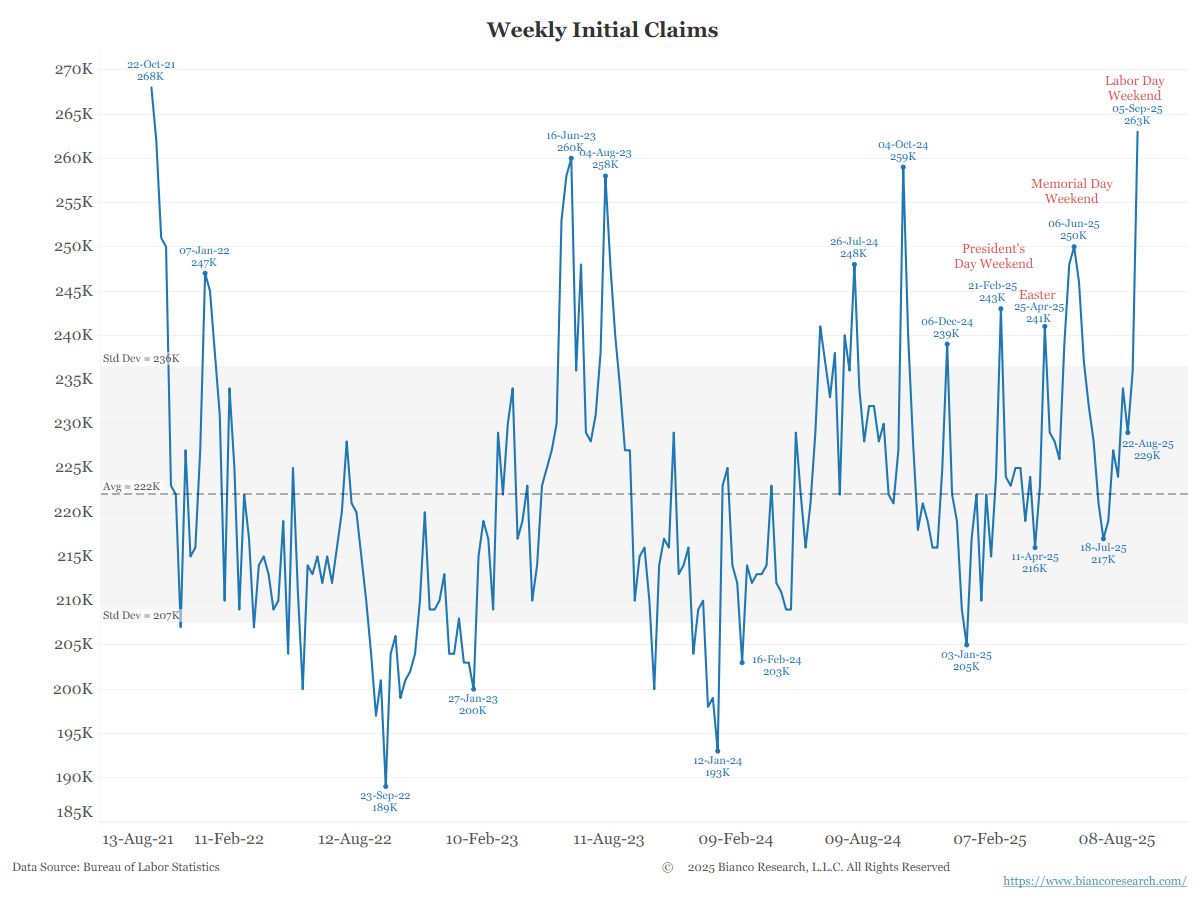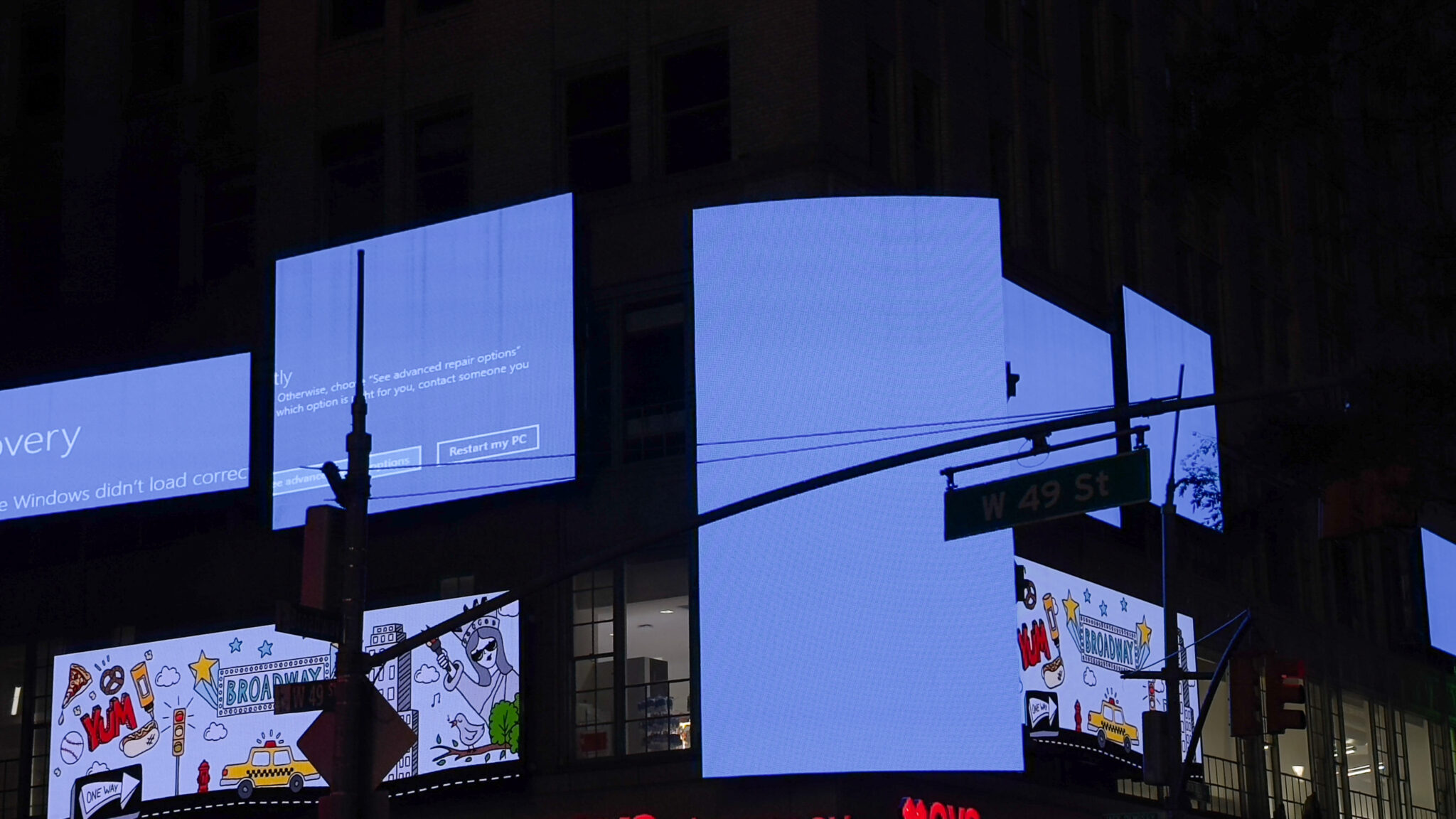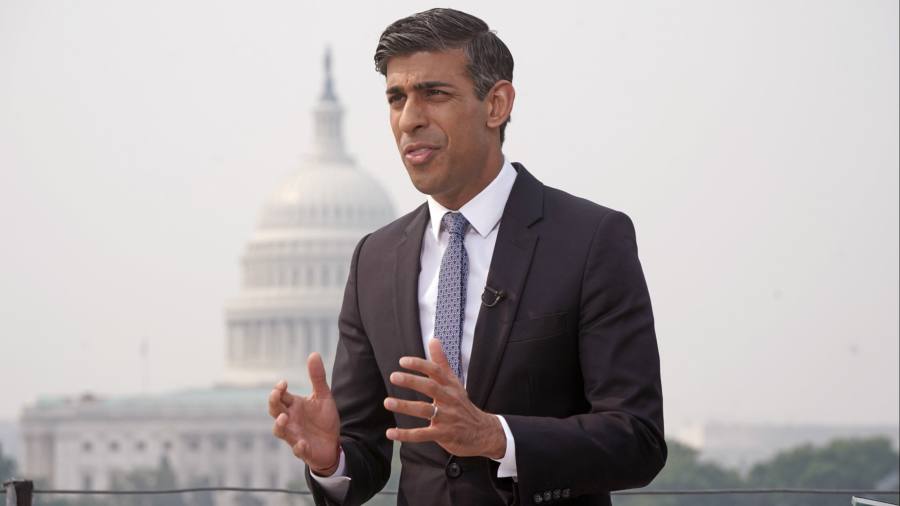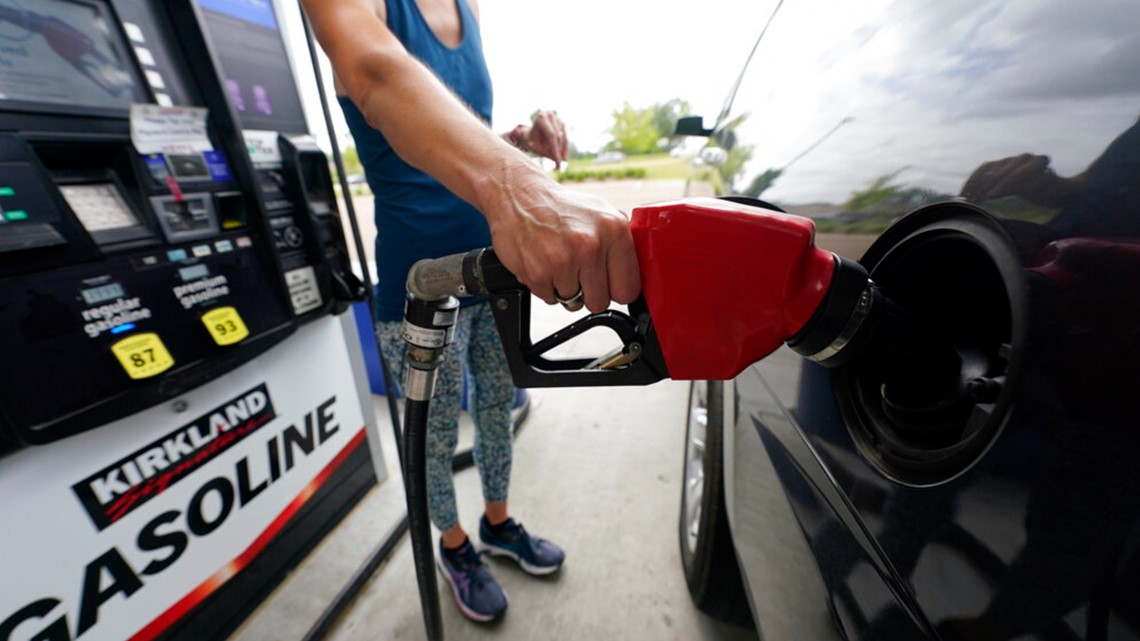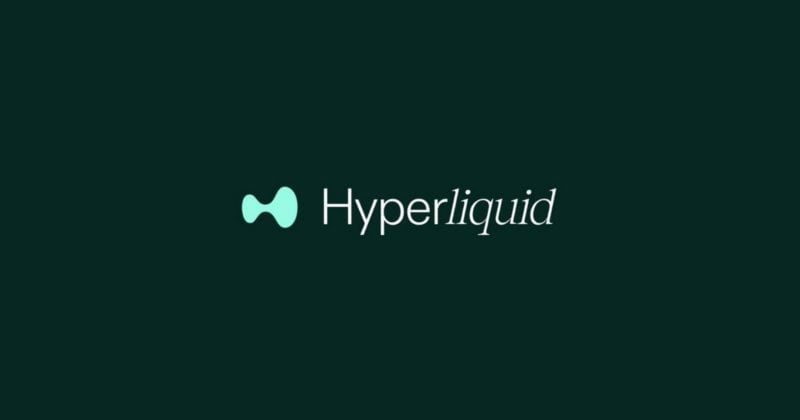Olaf Scholz, the German chancellor, said that he and China’s president Xi Jinping had agreed during talks in Beijing that nuclear threats over the war in Ukraine were “irresponsible and extremely dangerous”.
Russian president Vladimir Putin has made repeated warnings about using nuclear weapons as his eight-month invasion of Ukraine falters, part of a strategy western officials say is designed to deter military aid to Kyiv.
Scholz said he and Xi had agreed that the use of nuclear weapons in Ukraine would “cross a line that the community of nations has drawn together”.
“President Xi and I agree that nuclear-threatening gestures are irresponsible and extremely dangerous,” he told a press conference.
Xi and Scholz met on Friday in the Great Hall of the People in Beijing against a backdrop of rising tensions between the west and China. Xi’s administration has come under increasing criticism from Europe and the US over its stance on Ukraine, crackdowns in the region of Xinjiang and in Hong Kong and military aggression towards Taiwan.
Xi’s criticism of the nuclear threat was less direct, according to Beijing’s readout of the meeting. It said Xi told Scholz that the international community should oppose the threat or use of nuclear weapons and “prevent a nuclear crisis in Eurasia”.
In his first face-to-face talks with Xi since becoming chancellor late last year, Scholz said China should “assert its influence on Russia” to end the war in Ukraine.
“As a geopolitical actor and permanent member of the UN Security Council, China is responsible for peace in the world,” Scholz said. “It’s about abiding by the principles of the UN charter, which we have all agreed on.”
Xi has been heavily criticised for his refusal to condemn Russia’s invasion and for not using his personal relationship with Putin to push him to reverse course on the war. China has opposed the use of sanctions against Russia and at times echoed Kremlin talking points that blame the conflict on Nato and the US.
Dr Yu Jie, senior China research fellow at Chatham House in London, said it was “unsurprising” that Xi agreed with Scholz over the need to prevent nuclear war in Europe.
“It is in line with China’s long term nuclear and disarmament policies,” she said. “If there is one thing to make Xi to change his stance on Russia’s invasion to Ukraine, it would be the looming potential of deploying nuclear weapons from Moscow.”
In a thinly veiled reproach of the US, the Chinese leader also said he hoped EU-China relations would not be controlled by a “third party”.
Scholz is the first western leader to meet Xi since the Communist party congress this month, which established Xi as the most powerful Chinese leader since Mao Zedong.
In a statement carried by Chinese state media, Xi said Scholz’s visit would enhance trust between Beijing and Berlin and set the scene for more co-operation. “As influential powers, China and Germany should work together in times of change and chaos,” Xi said.
Scholz, who has been criticised by some German Green politicians for visiting China so soon after the party congress, said he had addressed the issue of Taiwan in his talks with the president, conveying the message that any change in its status could happen only “peacefully and by mutual consent”.
He also said he had raised the subject of China’s treatment of Uyghur Muslims in Xinjiang, insisting it was not “interference in [China’s] internal affairs” to point out Beijing’s obligation to respect the rights of minorities.
Scholz said he had told Xi that China was becoming “more difficult” for German companies, in terms of market access, the protection of intellectual property and the “interruption of economic relationships” as the country moved towards “autarky”. He said he had told his hosts “how important it is in our view to rectify these imbalances”.
In comments to journalists, premier Li Keqiang acknowledged Germany and China had “differences” and said these had been discussed. “But we still respect each other,” he said.
Xi is reasserting himself on the world stage after a long absence from global diplomacy. In September, he travelled to central Asia in his first overseas trip since the pandemic started in early 2020.
Analysts say he will focus on efforts to strengthen bilateral ties, especially with countries perceived to be less aligned with the US. Sone foreign policy experts in Beijing believe the united front shown by Europe during the Ukraine war will be shortlived.
Xi is also expected to attend this month’s G20 summit in Bali, where a meeting with US president Joe Biden is possible.
Scholz’s visit to Beijing comes at a time when the German government is reappraising its relationship with China, its largest trading partner. A new China strategy is to be published next year.
The Greens, Scholz’s coalition partners, want a much tougher approach to Beijing and are pressing German businesses to reduce their heavy dependence on the Chinese market. Scholz, however, has repeatedly warned of the risks of decoupling from the world’s second-biggest economy.
Shi Zhiqin, a Europe-China expert at Tsinghua University, said a face-to-face meeting was a good start to resuming diplomatic communication.
“Even inside Germany, there are different voices on his visit to China. But Germany is a very practical country,” Shi added. “China and Germany’s trade volume is large. His visit to China is a response to the voice for decoupling with China in the EU.”
Additional reporting by Xinning Liu and Maiqi Ding in Beijing and William Langley in Hong Kong



